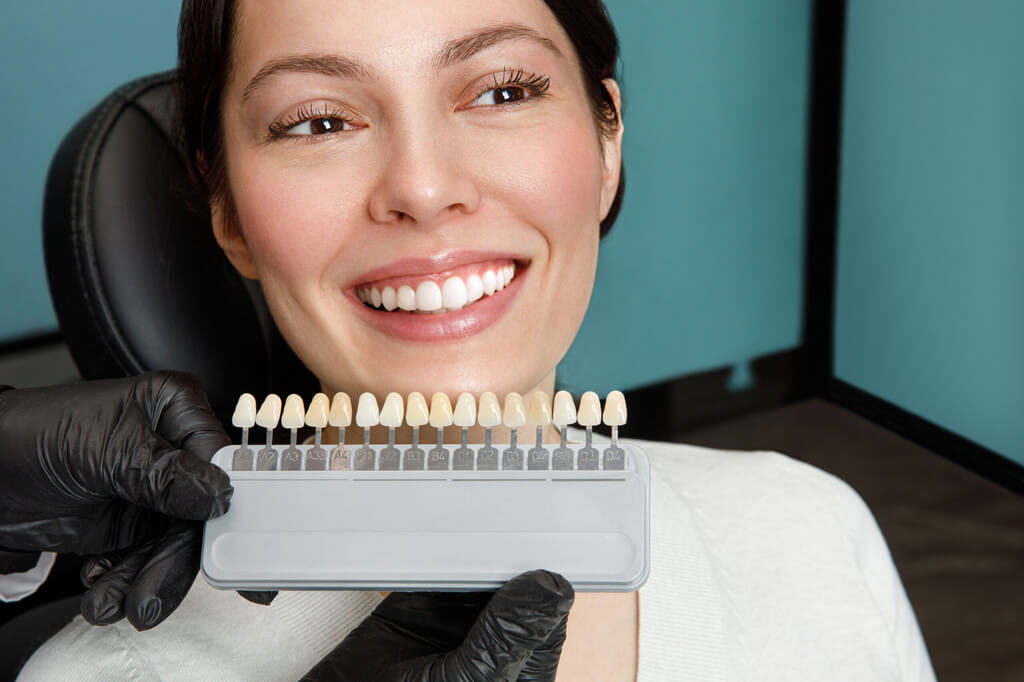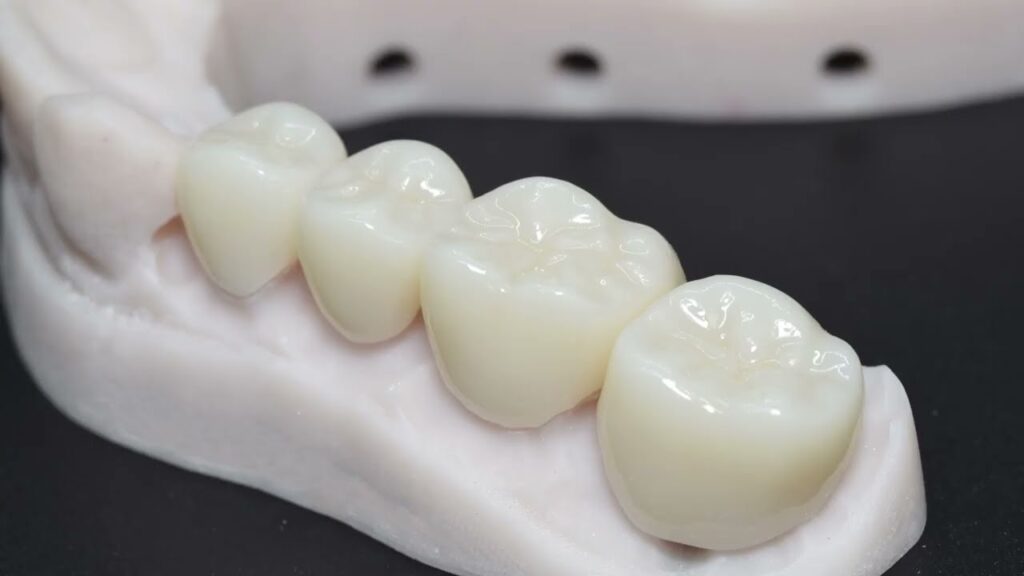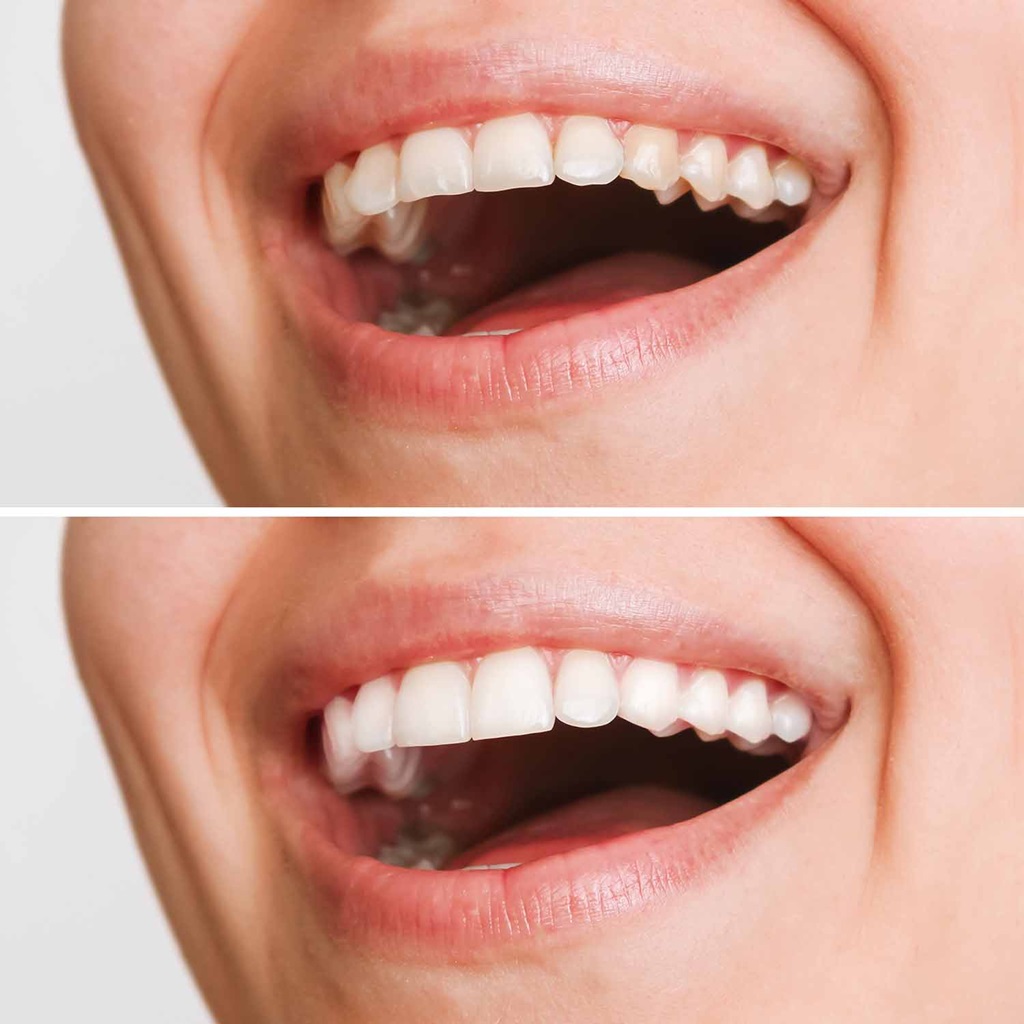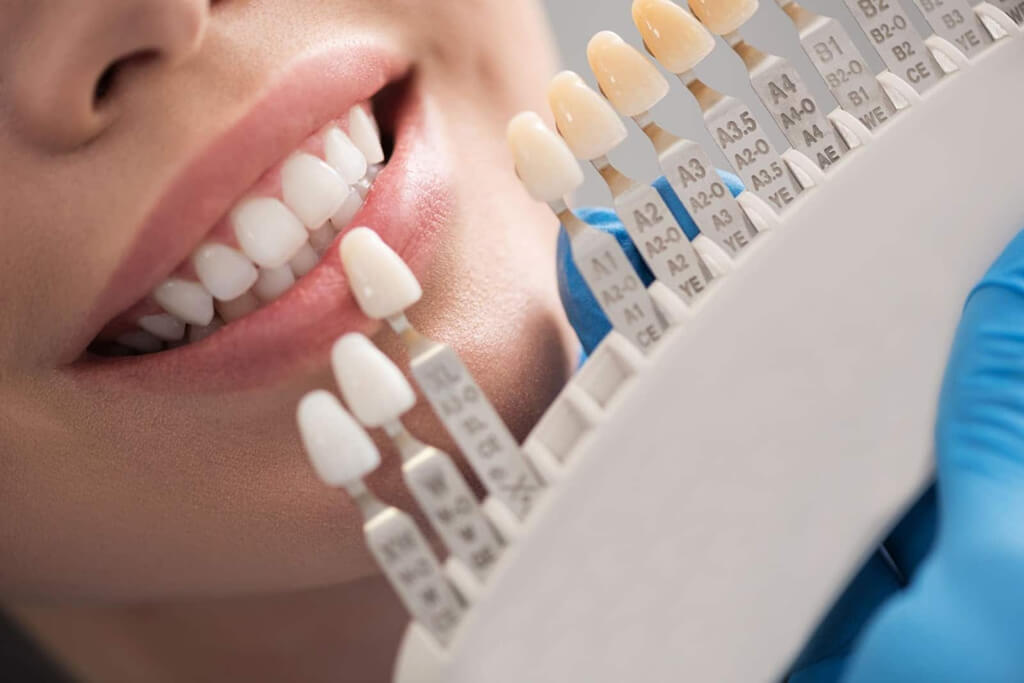Great staff and Dr. Wiitala is very professional and personable
If you are seeking to restore your teeth in a safe, natural, and long-lasting way, then dental crowns may be the answer you’ve been searching for. At our Scottsdale practice, Dr. Eric Wiitala offers the latest crown techniques to fix damaged teeth and give you back your confidence and peace of mind. Call (480) 657-6981 today to schedule your consultation and learn more!


Dental crowns, or a cap, protect your teeth and help restore them to their original strength after they have been damaged from tooth decay or injury. Crowns cover your entire tooth, offering a comprehensive and complete solution that can return former functionality.
Patients love Dr. Wiitala’s patient, kind, and caring approach to fitting and placing dental crowns in Scottsdale. He specializes in several types of crowns at our office to ensure each patient gets the right solution for their needs.
Porcelain crowns are used to return strength to a heavily damaged tooth that is in danger of needing extraction. The crown covers the entire visible portion of the tooth, returning strength and function. Crowns can also be used as a cosmetic improvement to change a tooth that is misshapen and the like.
Dental porcelain is the preferred choice for constructing crowns. Porcelain provides the perfect combination of strength and appearance. With proper care, a porcelain crown can last for decades, and because porcelain allows the light to reflect in a manner similar to your natural tooth enamel they are aesthetically superior. Plus, fully porcelain crowns don’t include mercury or other toxic metals. Dr. Wiitala performs a variety of dental crown procedures in our Scottsdale office.
Full porcelain crowns are more expensive than gold or metal crowns due to the advanced technology that goes into making them. Their ability to color-match your existing enamel and seamlessly blend into your smile also makes them more expensive than alternative materials for dental crowns.
If you are considering porcelain crowns, a consultation with Dr. Wiitala can help you determine if they are a good fit for your teeth.
Are crowns worth it? The question depends entirely on your teeth and goals. Patients who benefit the most from dental crowns have weak teeth that have been broken down by decay, harmed with large fillings, or have been broken due to injury or disease.
The purpose of a crown is to restore the strength in a tooth. Crowns are excellent options for the following problems:
You can get crowns for cosmetic purposes as well, but in such cases, you may prefer veneers or even explore teeth whitening procedures before opting for crowns. To find out if you’re a good candidate for crowns, you can schedule an appointment to speak with Dr. Wiitala.

There are different types of dental crowns that vary by weight, material, and cost. While some are considered more modern than others, all dental crowns serve the same purpose: restore the shape, appearance, strength, and function of damaged teeth.
By choosing the right dental crowns for your mouth, you can recover your former smile and feel more comfortable performing regular activities.
These prefabricated dental crowns used by Eric Wiitala DDS are used on what we refer to as permanent teeth. Although this is typically a temporary solution, the crown protects a tooth or filling while a long-term crown is created from a different material previously agreed upon by yourself and one of our cosmetic dentists here in Arizona. Our family dentists use stainless steel crowns mostly on children and their primary (baby) teeth because they are usually most cost-effective. These stainless steel crowns are fitted to a tooth and then removed with the primary tooth when it comes out naturally.
Our dentists commonly use crowns that contain gold alloy, nickel alloy, chromium alloy and other alloys. As far as durability is concerned, the cosmetic dentists at Eric Wiitala DDS use these given their ability to withstand chewing forces and biting very well. Crowns composed of these metal materials rarely chip or break, however, the drawback is the metallic color associated with this crowning option. For patients seeking a dental crown for out-of-sight molars, metal crowns are a reasonable solution.
Resin crowns are often less expensive than alternative dental crown options although, our dentistry would like to note that these types of crowns wear down over time and are more susceptible to chips and fractures compared to metal crowns or porcelain crowns.
The dentists at our office have the ability to match your ceramic or porcelain crowns to the natural color of your teeth. Not to mention, these types of crowns are a much more applicable dental solution for those facing metal allergies. With that being said, ceramic and porcelain crowns can wear down opposing teeth more than metal or resin crowns. For front teeth, all ceramic crowns are an excellent choice.
This depends, to a degree, on the health of the underlying tooth and gums. If you practice diligent oral hygiene you can maximize the lifespan of a crown. Nighttime grinding of your teeth can shorten the lifespan.
Most dental crowns last between five to 15 years. Material also influences how long dental crowns last; metal crowns last the longest with crowns made from gold or zirconia capable of enduring for up to 20 years with proper care.
Porcelain crowns last between five and 15 years depending on how they are cared for. Resin crowns are the weakest material, lasting just three to five years, and they are far less durable than porcelain-fused-to-metal (PFM) crowns.
Resin crowns are most effective when not placed on molars, since the material can wear down or even break under the force of chewing. You may consider resin as an affordable alternative to porcelain or metal crowns for other teeth, then cover your molars with a more durable material.
When a tooth needs a crown it either has extensive decay or a deep crack. With extensive decay, there isn’t enough healthy remaining tooth mass to make the tooth viable going forward without a crown. Likewise, a deep crack cannot be repaired to return strength to a tooth. If a tooth has been worn down by grinding, there isn’t any way to build it up. In all of these cases, if the tooth is not crowned it will likely need to be extracted. If this is done, the missing tooth can be replaced by a dental implant or a bridge.
If a crown is placed on a tooth for cosmetic reasons, such as to change the shape or to cover deep interior staining, the other options are to place a porcelain veneer on the tooth or to apply dental resin to cover the tooth imperfections.

Unless a crown is placed over a tooth simply for cosmetic reasons, the real difference is the goal of the two procedures.Porcelain crowns are usually placed on teeth with serious damage, and they return strength and function to the tooth, along with making it cosmetically perfect. Porcelain crowns are also used as the anchors for dental bridges.
Porcelain veneers can only be used as cosmetic improvements on teeth. They are thin shells of porcelain that are placed onto the front sides of the visible teeth. They can cover all sorts of cosmetic imperfections, such as chips, gaps between teeth, deep stains, and other issues. Unlike crowns, however, veneers do not return strength to a tooth.
Porcelain is the best option for crowns because it resembles natural tooth enamel very closely in the way it absorbs some light and reflects some light. Dental porcelain is also very resistant to staining and is very strong.
Once Dr. Wiitala discusses with you the need for a crown on your damaged tooth, he next prepares the tooth by removing any decay or damaged tooth material. Next, the tooth is shaved down on all sides and the top to create room for the crown to cover the tooth. We then take measurements and photos that will be used to create your crown. The software allows Dr. Wiitala to design your crown in 3D right on screen next to where you’re sitting.
When your crown is finished, Dr. Wiitala places it on the prepared tooth. First, he checks the color match with your adjacent teeth and then he checks the fit. If necessary, he may shave down an edge here or there. Once we both agree the fit is perfect, your new crown is cemented permanently onto your tooth and you can go out and use your new tooth immediately.

There is no recovery. This is a painless procedure. You may have some residual soreness from removing the decay from your damaged tooth, but that’s about it. Shaving down your tooth to make room for the crown and the placement of the crown are painless. It’s a good idea for the first 24 hours after receiving your crown to avoid overly sticky foods, just to be sure the dental cement has fully cured.
Great staff and Dr. Wiitala is very professional and personable
Dr Wiitala and his staff are the best – friendly, professional and knowledgeable. My family has been going to Dr Wiitala for a decade or more. It’s the best dental office ever.
Professional, excellent experience as always. Dental hygienist, Andrea thoroughly cleaned my teeth and Dr. Wiitala identified filling in need of repair before it would become a major problem down the road. This is reason I’ve been a client of Dr. Wiitala for 15+ years.
I had not been to the Dentist in quite awhile but broke a crown. Dr. Wiitala and his staff were tremendous! They were able to get me in quickly. At the appointment, everyone was friendly and professional. They communicated to me every step of the way and were able to perfectly correct my issue in a quick and painless manner! I would highly recommend Dr. Wiitala and his staff. They all were terrific!
Thank you again to Dr Wiitala and his great staff for their skilled dental care. I had my teeth cleaned by Lindsey who does a superb job, keeping my comfort in mind. I highly recommend this dental office for all your dental needs.